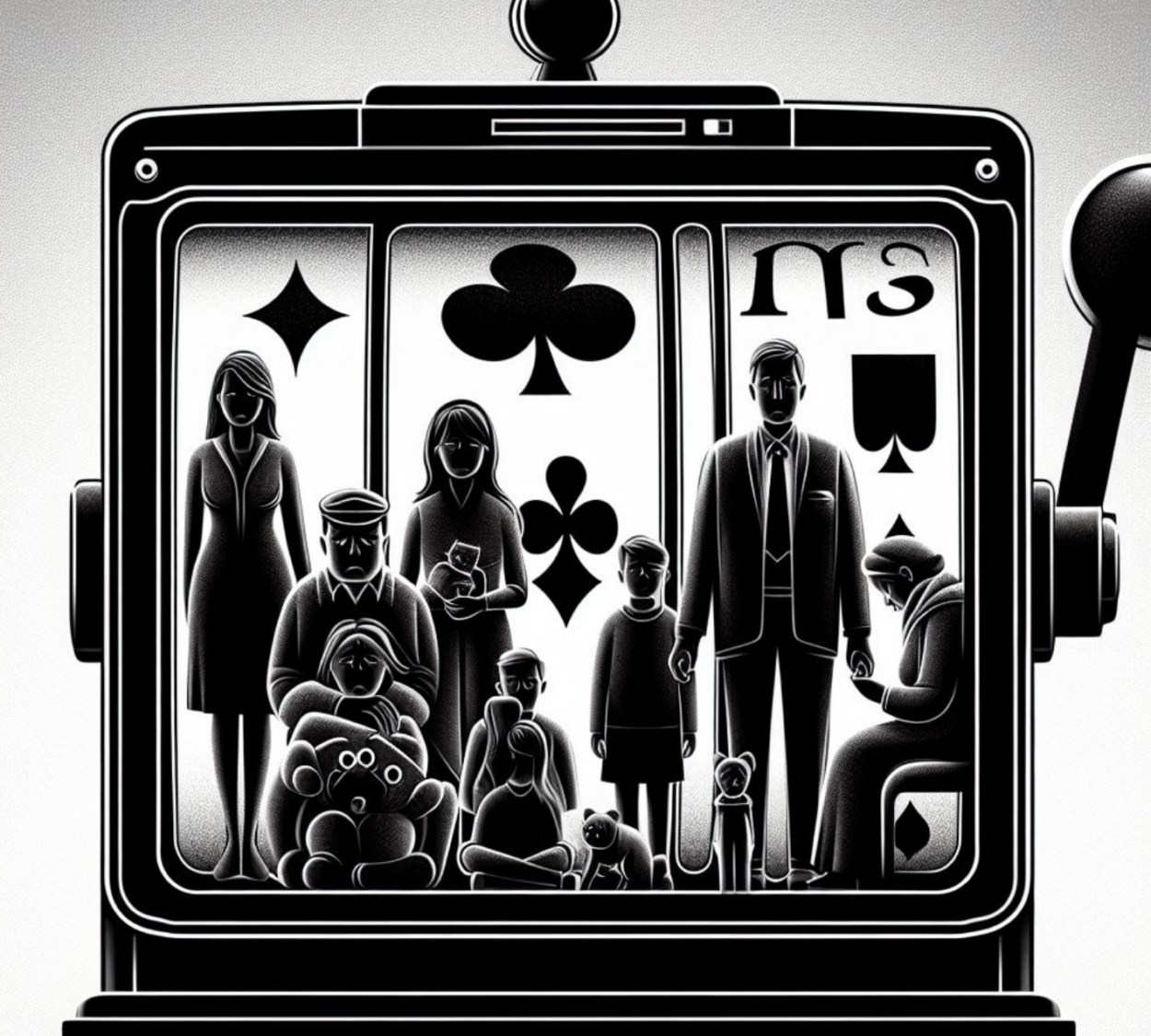Gambling addiction does not exist in isolation; it significantly impacts the family unit, altering the dynamics and relationships within. The repercussions of a family member’s gambling problem can be profound and multifaceted, affecting each member in various ways. This article explores the impact of gambling addiction on family dynamics, highlighting the emotional, financial, and relational strains it introduces.
Financial Strain and Instability
One of the most immediate and apparent effects of gambling addiction is the financial strain it places on families. The compulsive gambler’s need to finance their habit can lead to significant debt, depletion of savings, or even loss of property. This financial instability can result in constant anxiety, stress, and conflict within the family, as resources meant for necessities, education, or savings are diverted or lost.
Emotional Turmoil and Trust Issues
Gambling addiction often leads to a breakdown in trust within the family. Lies, deceit, and manipulation become commonplace as the addicted individual tries to hide or minimize their problem. This erosion of trust can damage relationships, leading to feelings of betrayal, resentment, and emotional distancing among family members. The stress and uncertainty can also manifest as emotional and behavioral problems, especially in children.
- Increased Risk of Domestic Violence
The stress and tension resulting from gambling addiction can escalate into domestic violence. Financial strain, coupled with emotional volatility, can lead to instances of verbal and physical abuse. This toxic environment can be particularly damaging to the psychological and emotional well-being of children, leaving long-term impacts on their development and mental health.
- Impact on Children
Children in families affected by gambling addiction often face numerous challenges. They may experience neglect, as the preoccupied gambler prioritizes gambling over family time or responsibilities. Exposure to the stress and conflict within the household can lead to emotional distress, behavioral issues, and poor academic performance. Additionally, children may normalize or internalize the dysfunctional coping mechanisms and behaviors they observe, potentially perpetuating a cycle of addiction.
Coping with Uncertainty and Disruption
Families dealing with gambling addiction live in a state of uncertainty and disruption. Plans and routines can be upended by the gambler’s unpredictable behavior, leading to a chaotic and unstable home environment. Family members may constantly be in a state of alert or crisis management, dealing with the fallout from the gambling addiction, such as creditors, legal issues, or emotional outbursts.
Recognizing the need for a comprehensive support system is crucial. Interventions should not only address the needs of the individual struggling with addiction but also provide support, counseling, and resources for the entire family to navigate the complex challenges and work towards healing and rebuilding their lives together.




Leave a Comment